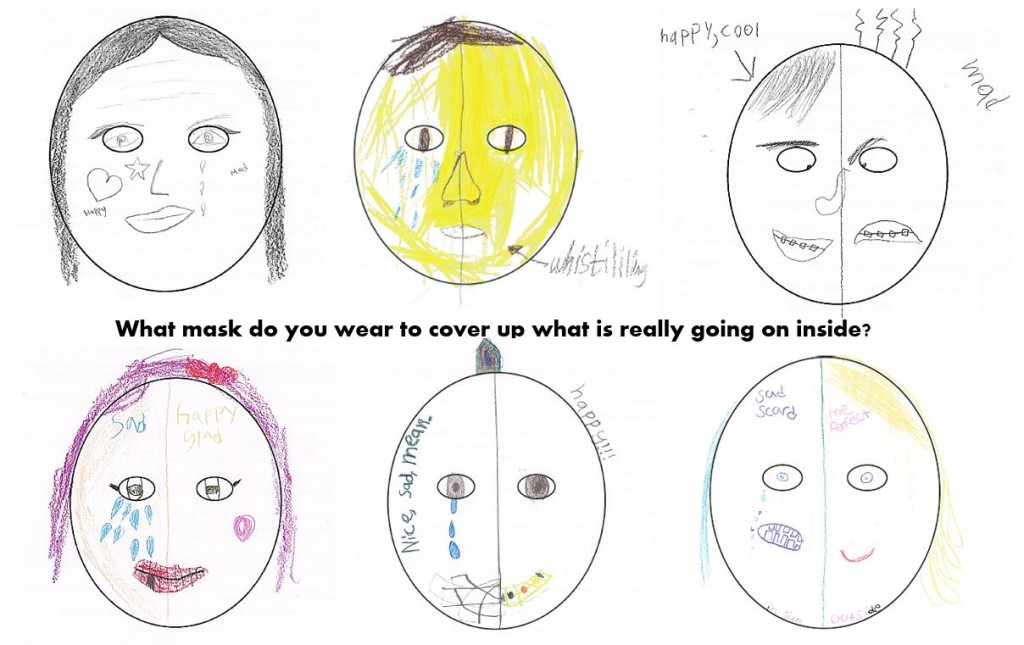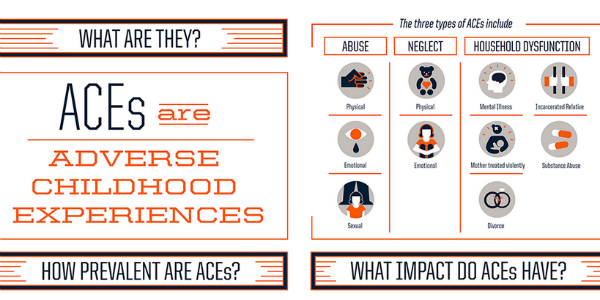“Are these all the sons you have?”
–Samuel to Jesse, in 1 Samuel 16:11

Despite the instruction that Samuel has from God to disregard the outward appearance of the sons of Jesse, he easily defaults into the cultural expectations and prejudices of his day. Eliab was the first son to pass by Samuel and God speaks to him:
“Do not consider his appearance or his height, for I have rejected him. The LORD does not look at the things people look at. People look at the outward appearance, but the LORD looks at the heart.”
-1 Samuel 16:7
Seven sons pass before Samuel, each time getting the big “NOPE!” from God. Eventually, the youngest son—not even originally called upon to meet with the prophet—is sent for. David had been overlooked by his Father, but not by God. The amazing thing about God and God’s Kingdom is that those things which the world esteems mean very little in his economy. God enjoys using those of us that are not outwardly impressive, the often overlooked, to accomplish his purposes.
We each have a purpose and a value to God. God’s love has called us, and his voice gives us confidence to step forward and do what God asks. But what of our struggles and difficulties in the past? Well, sometimes the hardships we have gone through are redeemed by God in miraculous ways. The most empathetic, insightful and kind people among us are often those that have survived traumatic experiences and have come through these with well-earned wisdom and grace.

God takes our hurt and brings healing—sometimes only making that healing complete as we reach out to others who are suffering. The gentle way a “wounded healer” approaches others in difficult circumstances shows God’s mercy in the midst of suffering. Don’t overlook how God might use your past to gain insight into the present and give others hope in the future.
Intermountain brings hope and healing through healthy relationships. You can find out more about Intermountain’s mission by visiting us online at intermountain.org. If you would like to inquire about our services or want to support the ministry, please call us at 406-442-7920.
If you would like to share this article as a bulletin insert, please click the link below:










 Click here to subscribe to our RSS feed with your favorite email client and be alerted to new articles.
Click here to subscribe to our RSS feed with your favorite email client and be alerted to new articles.